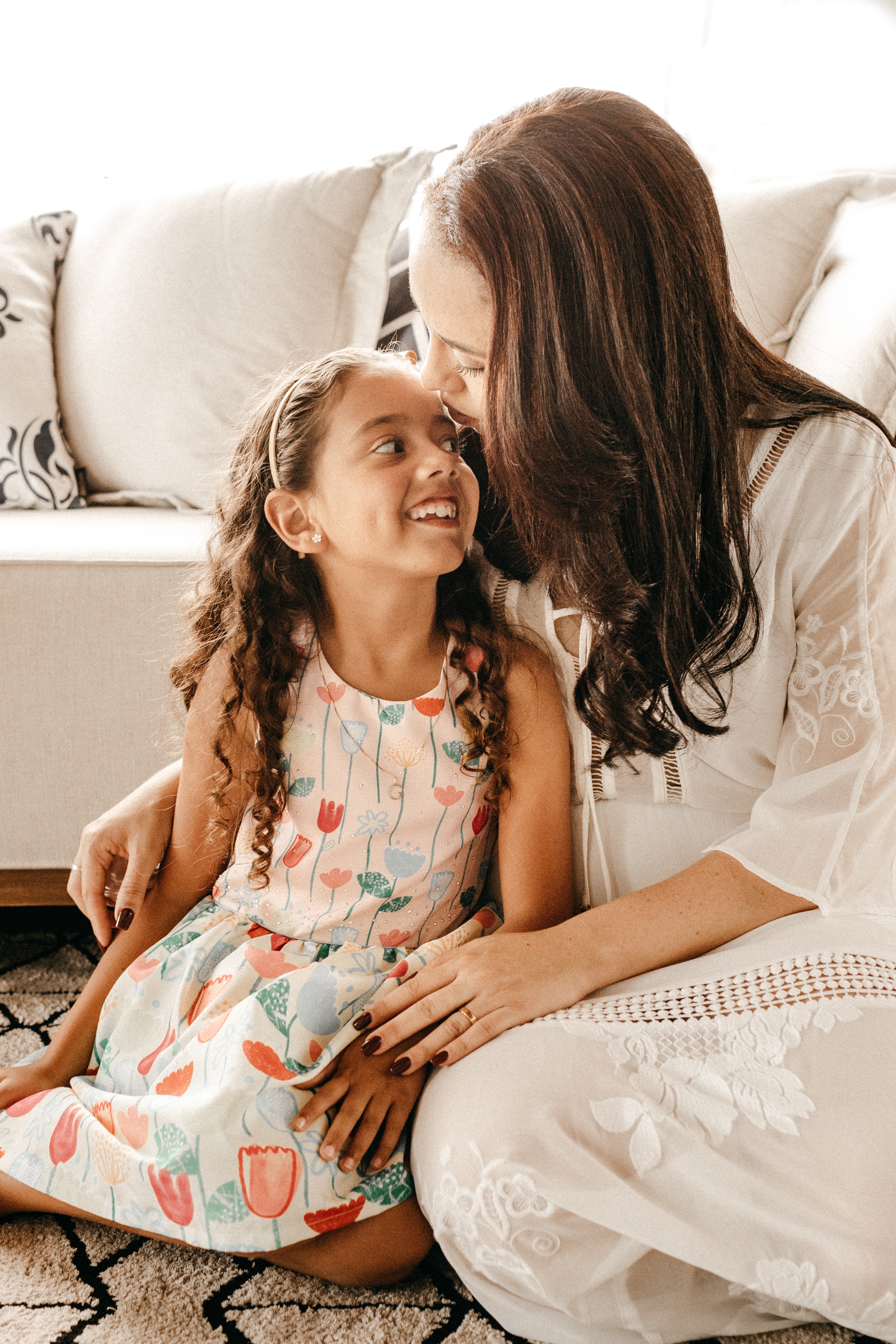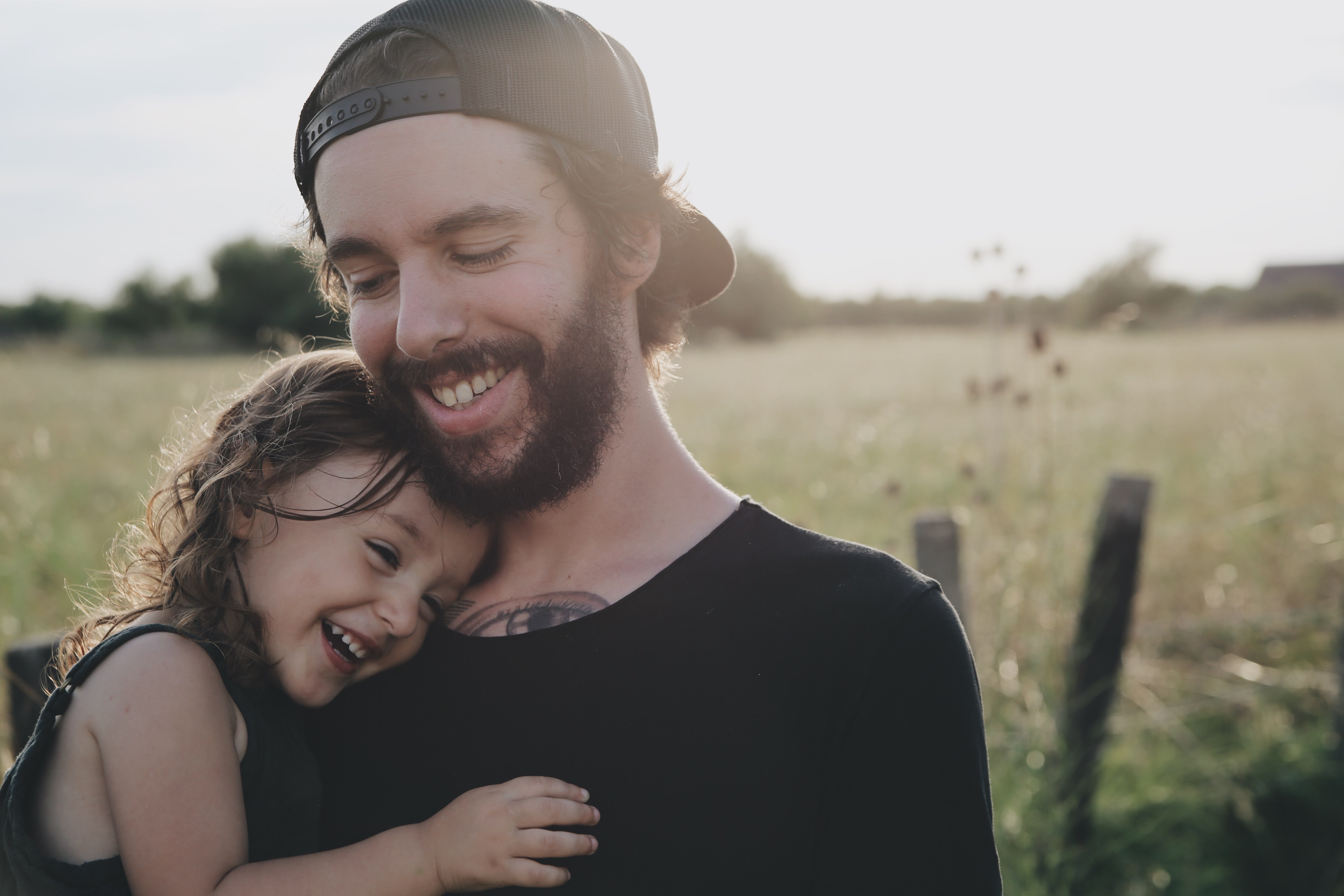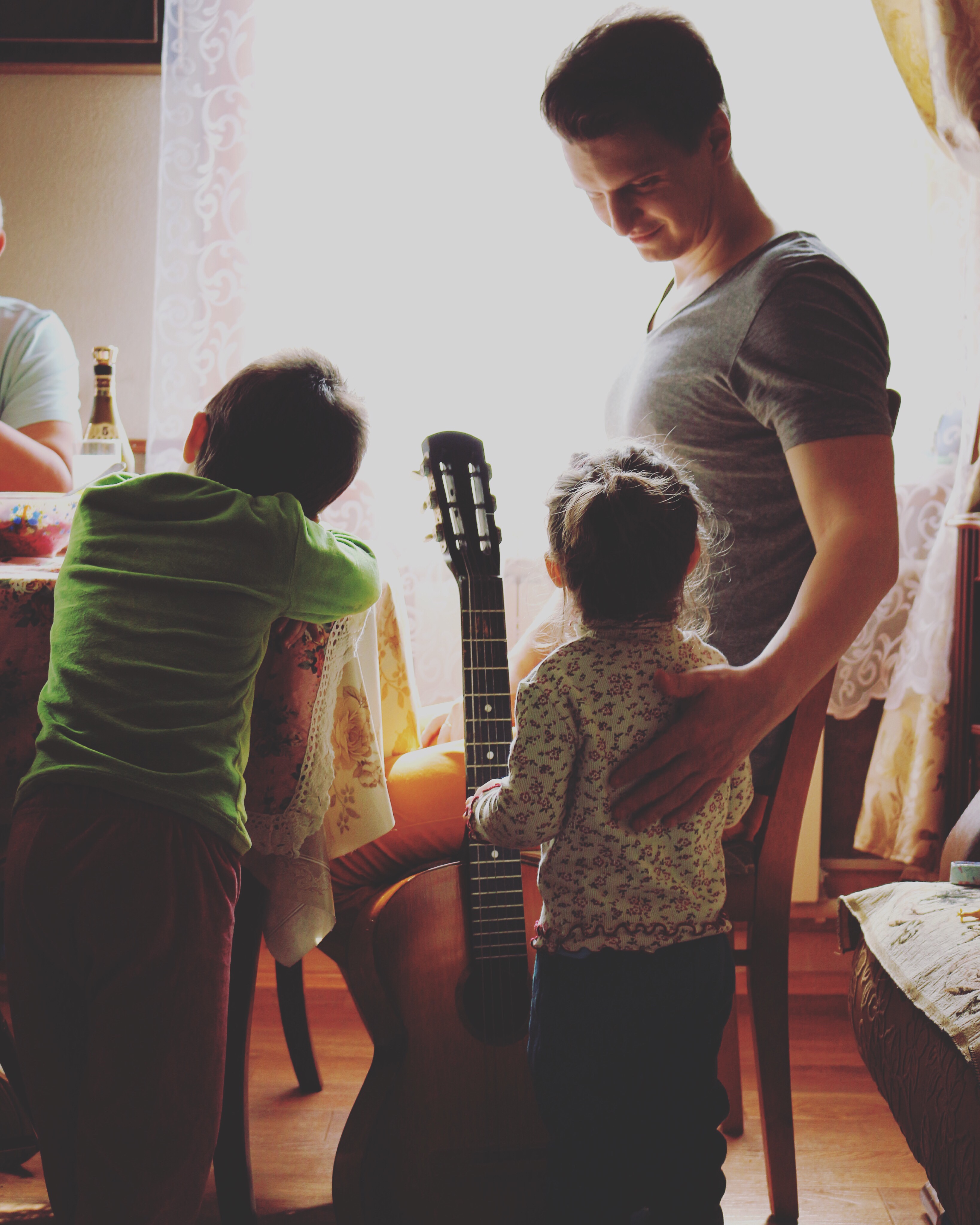
September 11, 2019 by Robert Franklin, JD, Member, National Board of Directors
Should states be required to provide children lawyers in dependency hearings? That’s the question presented by an Indiana case brought on behalf of 10 children against Marion, Lake and Scott counties (Chronicle of Social Change, 2/6/19). The children’s lawyers are attempting to, for the first time in U.S. history, establish a constitutional right to counsel for kids in non-criminal cases. The federal Department of Health and Human Services has recently made money available to states to pay counsel for kids in those cases.
Dependency cases seek to decide whether parents should have their parental rights terminated due to alleged abuse, neglect or unfitness.
Since children are considered to be unable to act for themselves in countless situations, adults act for them. Those adults are usually their parents. We rely on them to make decisions about everything related to the care, feeding, education, health, etc. of their children. As such, the legal relationship between parents and their children is akin to that of a guardian and a ward or a trustee who’s charged with acting for another person. Usually, parents act for their kids as a matter of course without anyone noticing. We trust parents to act in their children’s interests.
But all that can change when parents are alleged to have acted at odds with their children’s interests, as in the case of abuse, neglect or unfitness. Those bring into question parents’ ability to do what’s best for their kids. And that’s the issue in dependency hearings. So, instead of giving parents the power to act for their children, we say that their interest and that of their children are opposed. The parents have an interest in retaining care of their kids, but the children may need better caregivers. Legally, those interests are opposed and opposing interests in the legal system can’t have the same lawyer. It’s a clear conflict of interest.
So clearly, children should have the right to a lawyer. Or should they? After all, in dependency court, it’s the state that has the burden of proof. The parents are presumed to be fit and to have committed no acts of abuse or neglect until Child Protective Services produces evidence to the contrary.
That presumption in favor of the parents then means that the interests of the child and the parents are, at the outset of the case, not opposed. Until sufficient evidence is admitted to prove abuse, neglect or unfitness, then, the child should be presumed to be sufficiently protected by its parents as in any other matter. Only when that evidence is produced in admissible form should the child’s right to an attorney come into being.
Such, at any rate, is my position on the matter.
But once that evidence has been admitted by the court, it becomes hard to argue that the child shouldn’t have an attorney to represent his/her interests. Those may lie with keeping the family intact or they may not. That would be the lawyer’s call and we hope that call would be informed by mental health experts.
“Without an attorney, a child in a dependency proceeding risks losing his or her liberty interests, as other parties present evidence, offer witnesses and make decisions about the child’s future that the child is not permitted to discredit, challenge or even address,” said the complaint, which was filed today. “Such an omission is fundamentally unfair and contrary to the due process and equal protection clauses of the Fourteenth Amendment.”
Essentially no states currently grant to a child in dependency court an unfettered right to a lawyer. The attorneys who brought the Indiana lawsuit hope to establish, via a Supreme Court ruling, a child’s right to counsel in dependency cases.
I can’t disagree, but must issue a warning. Children’s rights, independently asserted by them and against those of their parents if necessary, are a slippery legal slope. They should be granted by statute or case precedent only if the parents have been proven by competent evidence to be either unable to promote their children’s interests or abusive or neglectful to such an extent as to render their interests adverse to those of their children. Only when there has been proven to be true legal opposition between parents and children should the kids have independently assertible rights.
The reason I say that is that, in Canada, we’ve seen instances in which courts frankly undermine the rights of parents in bizarre and destructive ways. Nine years ago, for example, a custodial father “grounded” his 12-year-old daughter for spending too much time on social media, despite repeated warnings. That meant she couldn’t go on a school field trip. She sued him and prevailed, the judge stating that, in his opinion, the father’s punishment was too harsh. The reason she could sue her father is that Canada signed the U.N. Convention on the Rights of the Child, giving children legally enforceable rights independent of parental desires or decision-making. The state then, in the form of a judge, is set up as super-parent.
That’s exactly what happened in the Canadian case. The judge merely substituted his own parenting ideas for those of the girl’s father. He did so despite the fact that (a) he’s not her parent and (b) his ruling is a one-off affair. Will the judge be there to decide the matter when Dad insists his daughter study more or go to the library instead of a rock and roll concert? What about when she has the flu? Will the judge be there to advise the girl about boys and dating?
The point being that parenting isn’t simply a series of decisions, it’s a relationship of trust between parent and child. That relationship can be seriously undermined or destroyed by the presence of a court to which a child can turn every time he/she doesn’t like a parent’s decision.


 September 10, 2019 by Ginger Gentile, Deputy Executive Director of the National Parents Organization
September 10, 2019 by Ginger Gentile, Deputy Executive Director of the National Parents Organization








